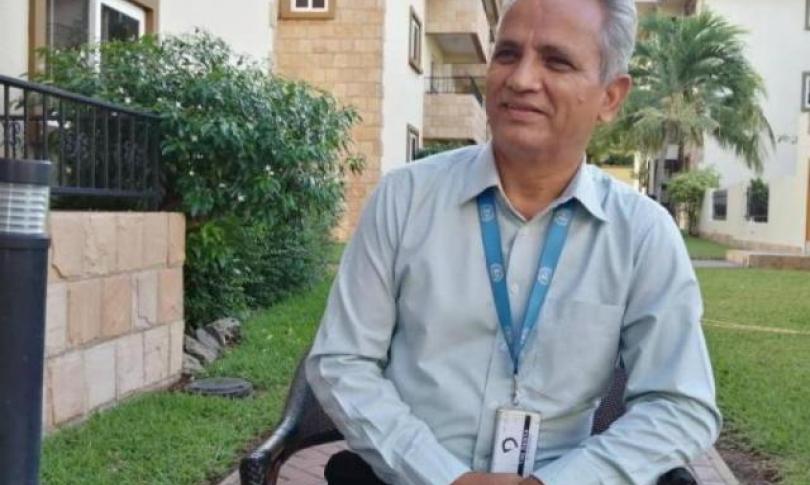
Water, sanitation and hygiene, WASH issues remains a challenge for many developing countries and Ghana is no exception. These challenges comprise among others inadequate supply of safe drinking water to rural and peri-urban areas, irregular supply of potable drinking water and inadequate sanitation and wastewater infrastructure to satisfy the needs and demands of the growing population.
Various strategies to ensure access to water across the country are not reflective of the situation in many communities in rural and peri-urban areas of Ghana. All the 16 regions have their own peculiar challenges with WASH. Assessing the impact of activities of WASH industry players on their catchment areas (focus for this project) exposed inequalities that exist in the distribution of WASH related facilities across the country. In the 21st century, Ghanaians for example in the Western North Region still depend on groundwater for their domestic chores. “We have been drinking these ground water for decades and no one cares about us. Whenever our leaders visit, we tell them to give us boreholes to manage, but even that is not forthcoming;” the community members lament.
With an estimated population of 30 million and an annual growth rate of 2.5% according to the Ghana Statistical Service and the World Bank Group, the country's population is expected to double by 2050. This means the current disparities that exist will deepen if the country does not prioritize WASH and allocate resources equitably. Available literature by WHO/UNICEF joint report in 2015/16 says only one rural household out of ten were using improved household toilets, while three in every ten of them practice open defecation and not a single district in Ghana has achieved an open defecation-free status.
In the early 2000s, the coalition of NGOs in Water and Sanitation nicknamed CONIWAS begun to drum home demands for equity and accountability in the WASH sector. According to the president of CONIWAS, Attah Arhin, their effort eventually birthed the independent agency called the Community Water and Sanitation Agency to drive WASH and its related issues in Ghana. “CONIWAS contribution in WASH in Ghana has been enormous. Our quest for equity, accountability and deliverability is key and we will not relent on that till there is an improvement in the sector. We wish by now Ghana has achieved some milestone in WASH unfortunately, the growth recorded so far is at a very minimal pace.” Mr. Arhin asserts.
Ghana’s multiple indicator cluster survey 2017/2018 saw the country’s national coverage of basic drinking water, sanitation and hygiene at 79, 21 and 48 respectively. The data also revealed that 76 per cent of households are at risk of drinking contaminated water with E-coli. While sanitation on the other hand is contending with funding, lack of prioritization and coordinated efforts couple with attitudinal change issues. UNICEF’s WASH Chief Mr. Ramesh Bhusal confirmed in an interview “Ghana has come a long way in improving WASH and its related issues but need to triple efforts (especially on budget allocation) to accelerate the progress towards closing the gaps in achieving SDG target by 2030.”
Domestic expenditure towards providing potable drinking water saw Ghana committing 0.5% of its GDP per year to sanitation sector (sanitation and water for all) at a high level meeting in 2019. But less than 1/8th of this commitment is spent currently, in contrast to the many commitments and international treaties signed. Head of policy advocacy and campaign, Wateraid Ghana, Mr George Yorke says most of the country’s project in WASH are donor-driven and needs to diversify funding portfolios, in addition to donor funding which is rapidly declining due to Ghana’s growing economy and quest to go beyond aid. “The WASH sector needs domestic revenue to augments efforts of the sector players if not the country might missed the SDG target.” It was also evident the country was still using MDG frameworks to implement the current SDGs hence wateraid in collaboration with government is reviewing them to effect the desired change in the sector’ he added.
However, these WASH sector players operate in areas where value for money of their activities can be easily measured. Project Manager, WSUP Mr. Frank Romeo Kettey maintained one of the key things that helped their existence is the collaborations that exist between them and government entities within the catchment areas they operate. “We can say that our effective collaboration with the various institutions especially the Metropolitan Assemblies have been the game changer for us. That notwithstanding, our growth as a sector remained slow and needs improvement, he stated.
